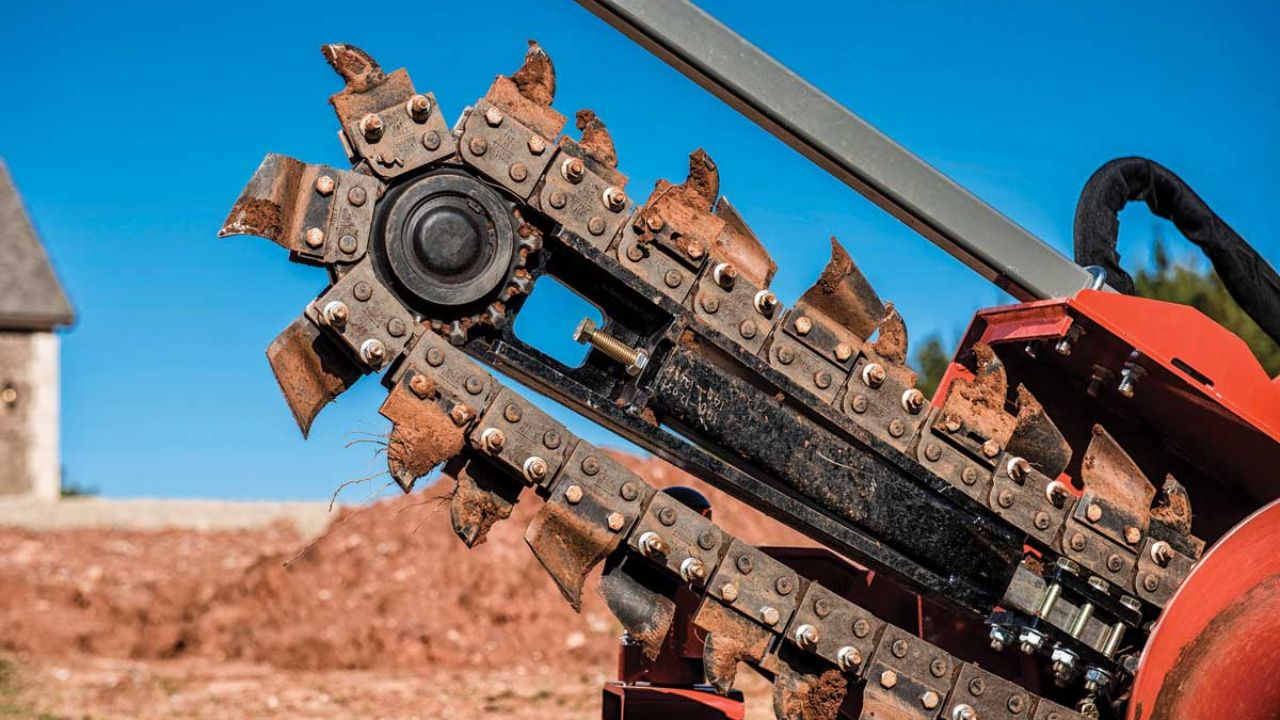Specialized equipment plays a vital role in trenching operations for construction, agriculture, and utility installation projects because it enables efficient soil cutting across different soil types. Trencher's teeth represent the most vital machine components because they determine both performance capabilities and operational efficiency. The selection of correct trencher teeth leads to maximum equipment efficiency alongside cost reduction and extended equipment life span.
The Role of Trencher Teeth in Performance
Trencher teeth serve as the primary factor that determines the effectiveness of ground-cutting operations for trenchers. The tiny yet vital elements serve to break up various materials and soil together with rocks to produce accurate trench openings. A trencher operates efficiently when its teeth demonstrate durability and sharpness while being appropriate for particular ground conditions. Selecting proper trencher teeth enables continuous operation while reducing maintenance interruptions and enhancing machine fuel economy.
Impact on Productivity and Work Quality
The correct selection of trencher's teeth leads to increased operational efficiency because operators reach their targets faster and achieve higher accuracy levels. Different types of teeth must be selected for maximum efficiency because soil conditions include loose sand, compacted clay, and rocky terrain. The trencher struggles to perform effective cutting when its teeth are not compatible with the soil type, which results in reduced work speed and irregular trench walls. The correct choice of teeth enables smooth trench cutting, which minimizes the need for rework and improves trench quality.
Longevity and Cost-Effectiveness
High-quality trencher teeth investments lead to decreased equipment maintenance expenses and longer equipment operational life. The use of tungsten carbide and reinforced steel teeth provides equipment with exceptional durability which results in less frequent replacement needs. The use of substandard teeth or poor tooth selection results in short equipment lifespan and higher operational expenses because of frequent equipment breakdowns. Operators who select appropriate trencher teeth achieve reduced long-term ownership expenses and dependable equipment performance on various projects.
Suitability for Different Soil Conditions
The selection of trencher's teeth depends on the particular ground conditions since each tooth type operates best for distinct situations. Carbide teeth serve as a general-purpose trenching solution because they perform well across different soil conditions. Rock teeth specialize in dense rocky cutting operations, and cup cutter teeth deliver precise utility installation cuts. The improper selection of teeth leads to premature wear of the equipment while simultaneously reducing cutting efficiency and possibly causing harm to the trencher system.
Reducing Downtime and Maintenance
The right choice of trencher's teeth reduces machine downtime that occurs from replacing parts or mechanical breakdowns. The trencher can continue operating without interruptions since the teeth match the soil conditions, which reduces their stress levels and wear. The machine operates more efficiently because operators finish projects within their scheduled times without facing unexpected delays.
Enhancing Operator Efficiency and Safety
The trencher becomes easier to operate and reduces stress on both machine components and the operator when it uses appropriate teeth for cutting through the ground. The operation becomes more fluid, and mechanical breakdowns become less likely during use. Peak trencher efficiency operation combined with reduced fuel consumption creates an environmentally friendly process that saves costs for the entire operation.
Conclusion
The selection of appropriate trench teeth is a critical element that determines operational efficiency, productivity, and reduced costs during trenching activities. Soil-specific trencher teeth selection enables operators to boost equipment performance and decrease maintenance expenses while achieving longer equipment durability. High-quality trench teeth investments result in better work performance and create safer trenching operations that operate more efficiently.


